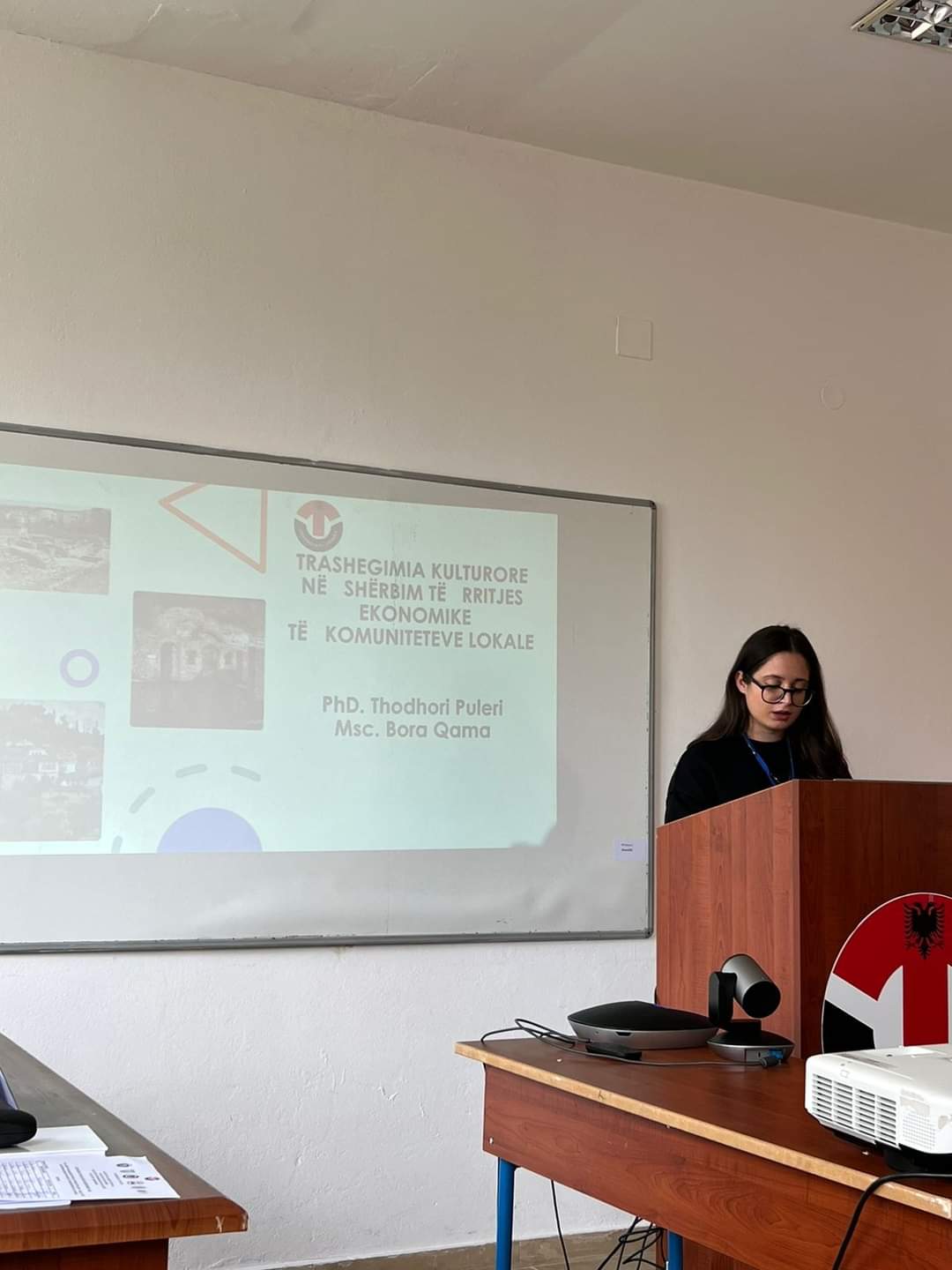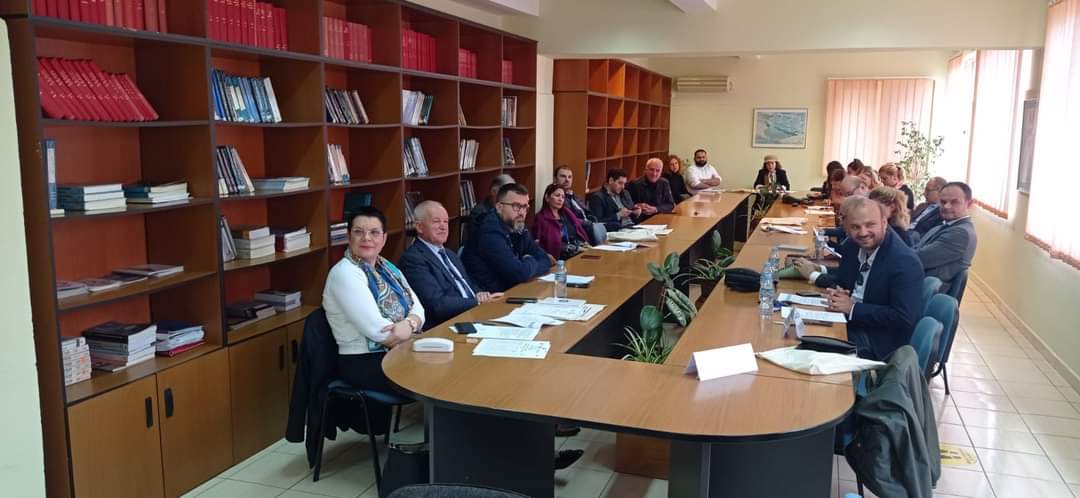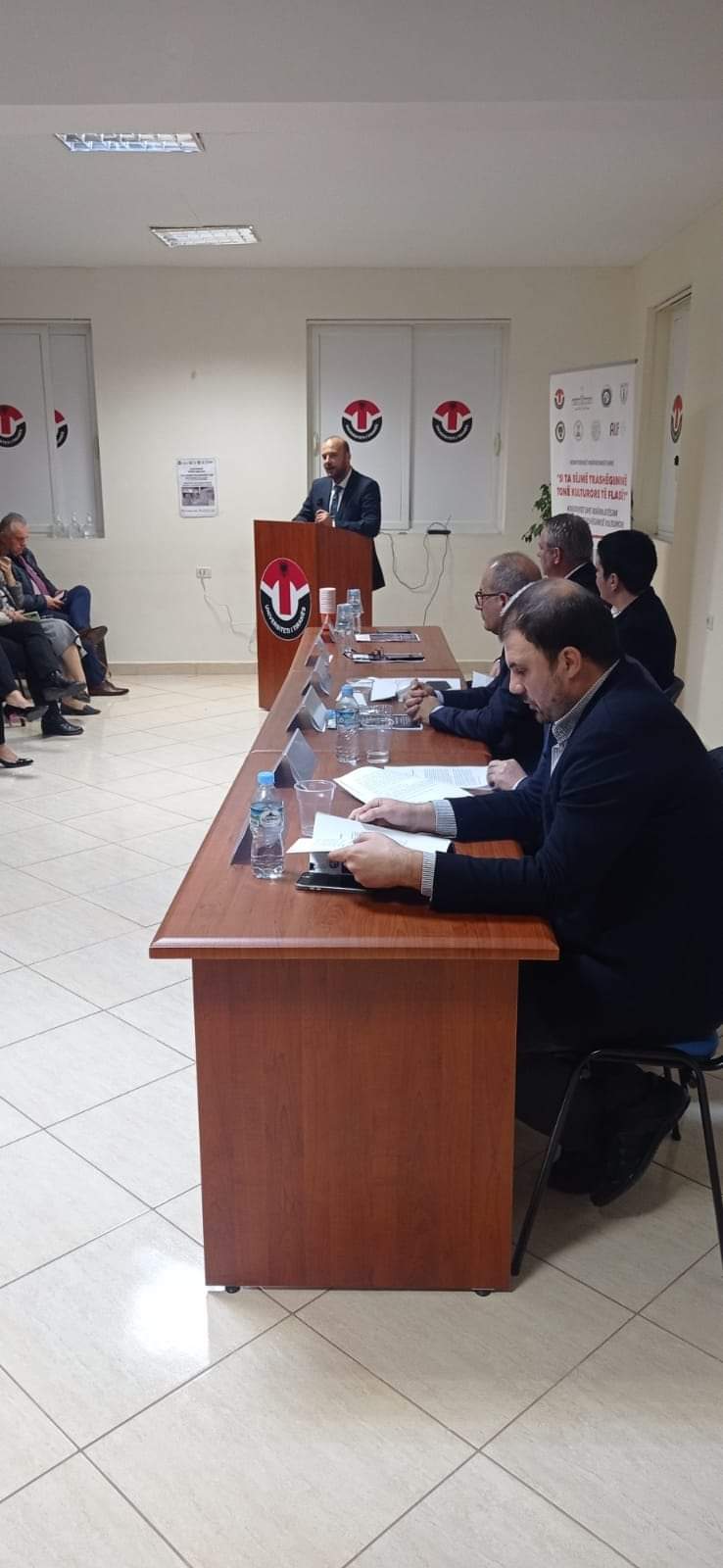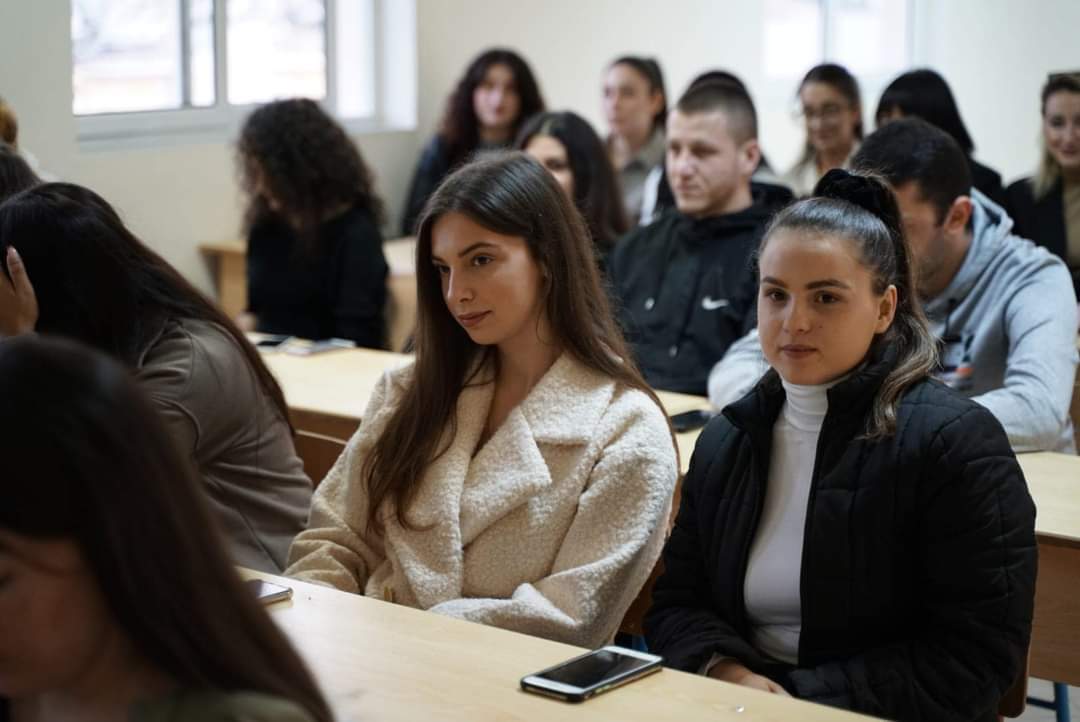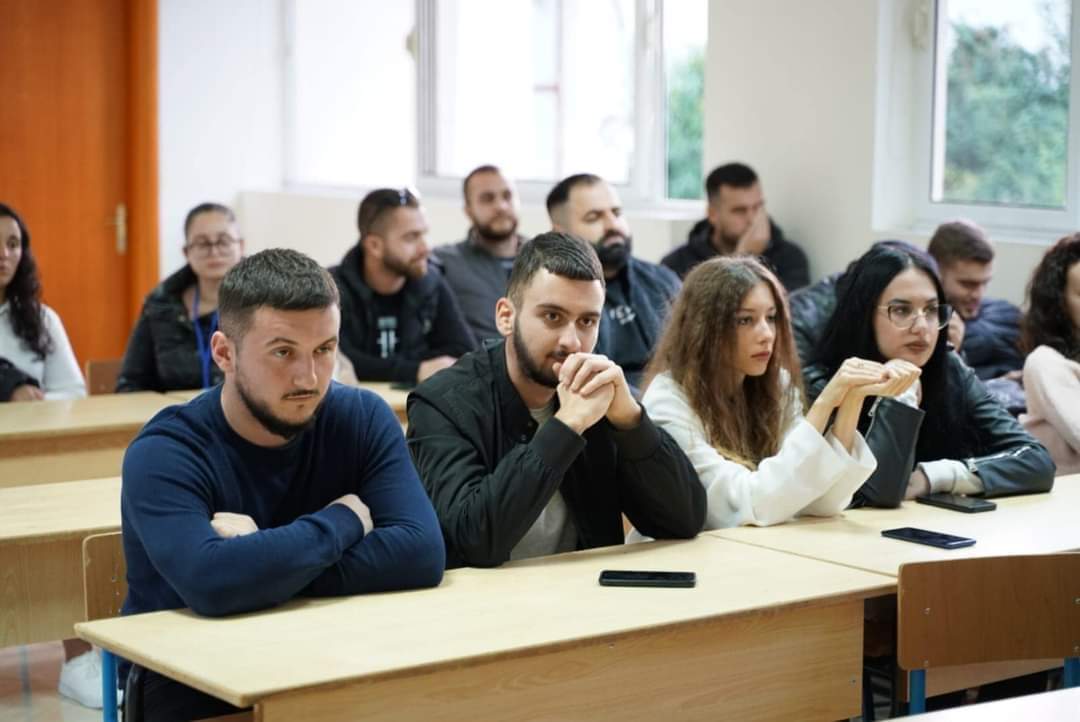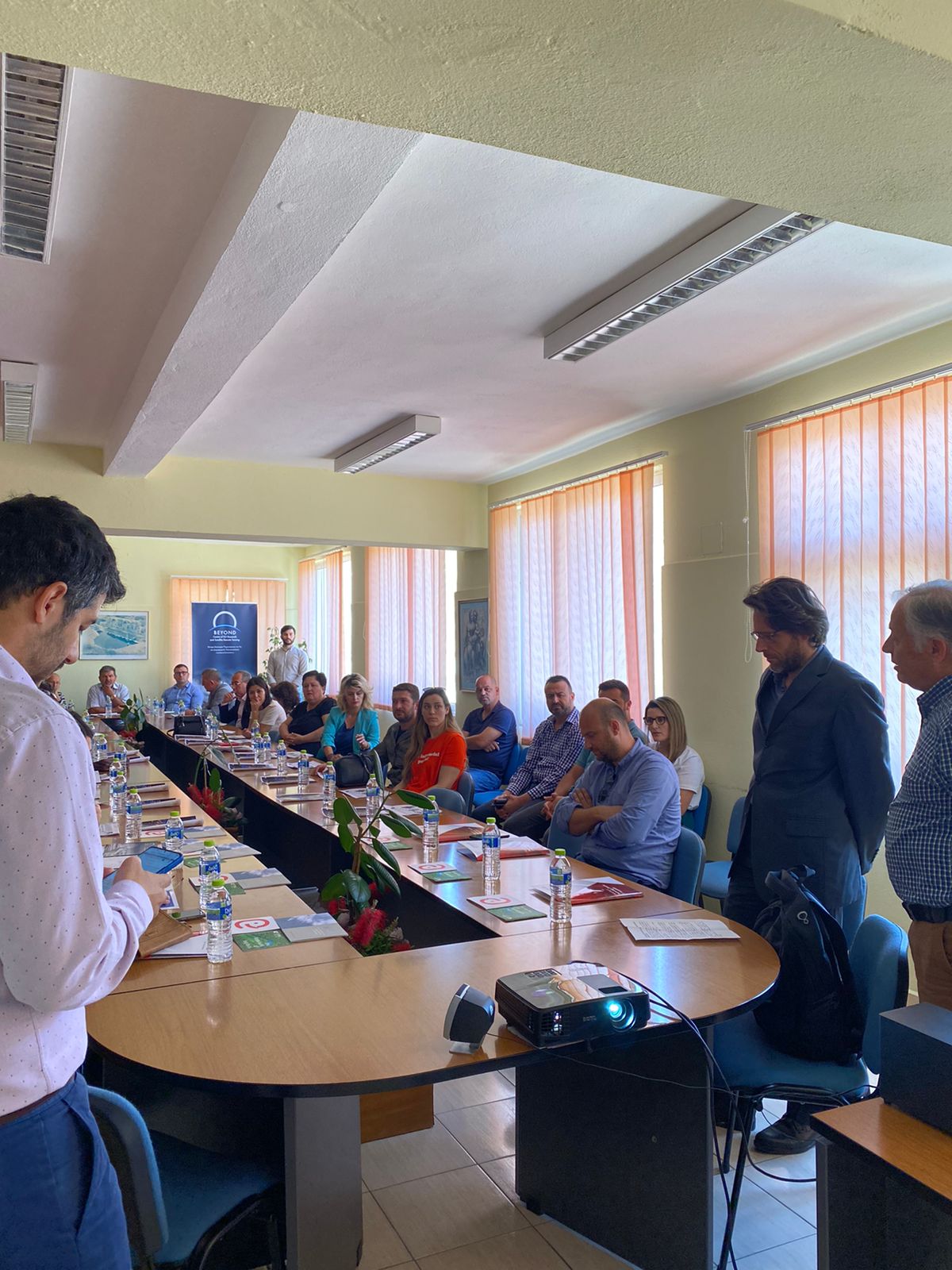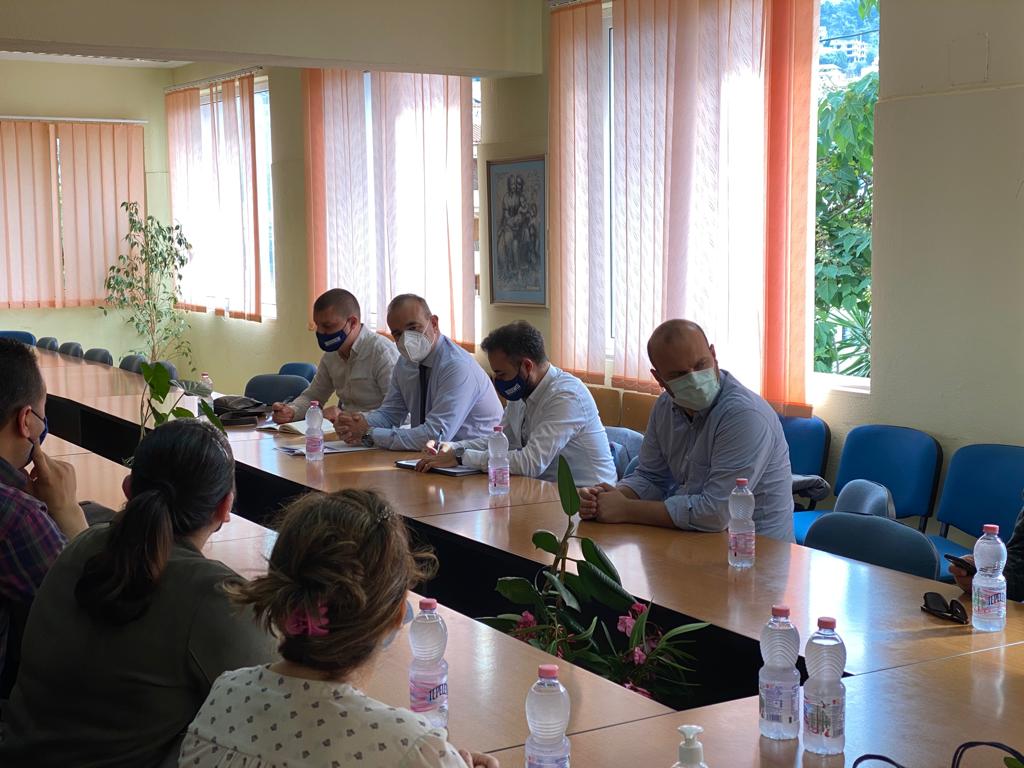- Student
- Scholarships or Tuition Fee Waiver
- Class Schedule 2025 – 2026
- Exam Session Dates
- International Students
- Academic Structure
- Services and Information: Administration Contacts
- Student Space (Information System)
- Tuition Fees
- Summer/Winter School
- Professional Practice
- Career Counseling Office
- Library
- Student Council
- Student Clubs
- Student Card
- Official Holidays Calendar
- Psychologist’s Service
- Announcement
- Admission
- Prospective Students
- HOME
- FACULTY
- History, Mission and Vision
- Authorities and Governing Structure
- Organogram
- Departments
- Subsidiary Saranda – English Language
- Quality and Curricula
- Protocol – Archive
- FFL Development Strategy (2024–2028)
- Achievements 2021-2024
- FFLEC 2024
- Pedagogical Training and Innovation Branch
- Continuing Professional Development Program for Pre-University Education Staff
- Continuous Professional Development Study Program in Specialized Languages and Communication Skills for the Tourism and Healthcare Sectors
- Continuous Professional Development Study Program: “Technical and Literary Translation and Interpretation”
- Legislation
- Transparency Program
- STUDY PROGRAMS
- 1st Cycle, Bachelor
- Department of English Language
- Bachelor’s Degree in English Language with a profile in “English Language”
- Bachelor’s Degree in English Language with a profile in “Translation and Interpretation”
- Bachelor’s Degree in English Language with a profile in “British and American Studies”
- Bachelor’s Degree in English Language with a profile in “Public Relations”
- Bachelor in English – Sarande Branch
- Department of French Language
- Bachelor’s Degree in French Language with a profile in Language and Communication
- Bachelor’s Degree in French Language with a profile in “Language, Literature and French Civilization”
- Bachelor’s Degree in French Language with a profile in “Translation and Interpretation”
- Bachelor’s Degree in French Language and Albanian Sign Language
- Department of German Language
- Department of Italian Language
- Department of Slavic and Balkan Languages
- Department of Spanish Language
- Department of Greek Language
- Department of English Language
- 2nd Cycle, Master
- Master of Science
- Master of Science in “Intercultural and Tourism Communication (Trilingual)”
- Master of Science in “Technical – Literary Translation and Interpretation”
- Master of Science in “English Language Teacher for Upper Secondary Education”
- Master of Science in “German Language Teacher for Upper Secondary Education”
- Master of Science in “French Language Teacher for Upper Secondary Education”
- Master of Science in “Italian Language Teacher for Upper Secondary Education”
- Master of Science in “Greek Language Teacher for Upper Secondary Education”
- Master of Science in “Turkish Language Teacher for Upper Secondary Education”
- Master of Science in “Natural Language Processing, and Computational Linguistics of Written Documents”
- Professional Master
- MASTER TILDE
- Master of Science
- 3rd Cycle, Doctoral
- 1st Cycle, Bachelor
- EXCHANGE PROGRAMS
- SCIENTIFIC RESEARCH
- ACADEMIC PROJECTS
- LANGUAGE CENTER


